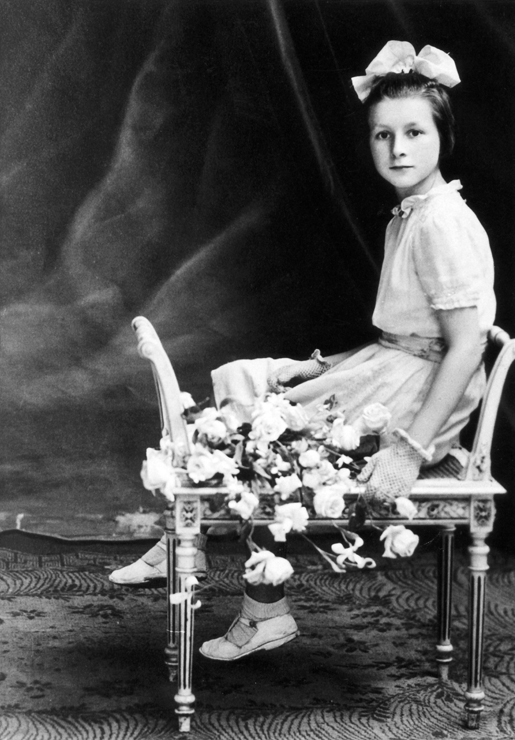1 April 1935: Criminalisation of Jehovah’s Witnesses
On 1 April 1935, the Reich and Prussian Minister of the Interior issued an order to local authorities to close down the Watchtower Society – criminalising the Jehovah’s Witnesses who lived in Germany at that time.
Jehovah’s Witnesses choose to ‘obey God as ruler rather than men’ (Acts 5:29) and therefore will not join armies or fight in wars, do not participate in elections, and do not join organised political groups or trade unions. Nazi policies centred on the construction of a perfect state, and Jehovah’s Witnesses resisted this, wanting to remain politically neutral. They refused to carry out the Heil Hitler salute, join the German Labour Front or allow their children to join the Hitler Youth.
In March 1935, national military service was introduced and Jehovah’s Witnesses who refused to sign up were subject to arrest and imprisonment in concentration camps.
They arrested my Dad the day he had his monthly pay packet in his pocket. They closed our bank account and refused my mum a working card, telling her that there was neither work nor help for vermin.
Simone Arnold Liebster, a Jehovah’s Witness who survived Nazi persecution as a child.
Jehovah’s Witnesses were unique among the victims of Nazi racial and social persecution in that they were offered the option of escaping punishment if they publicly renounced their faith, by signing a statement. The vast majority refused to do so and faced the consequences, including social exclusion, imprisonment and execution.
In 1933 there were approximately 25,000-30,000 Jehovah’s Witnesses in Germany. Of these, an estimated 20,000 remained active during the Nazi regime and 50% of them were imprisoned at some point during Nazi rule.
Approximately 1,700 Jehovah’s Witnesses were murdered under the Nazi regime, including 250 who were executed for refusing to take part in armed conflict.



